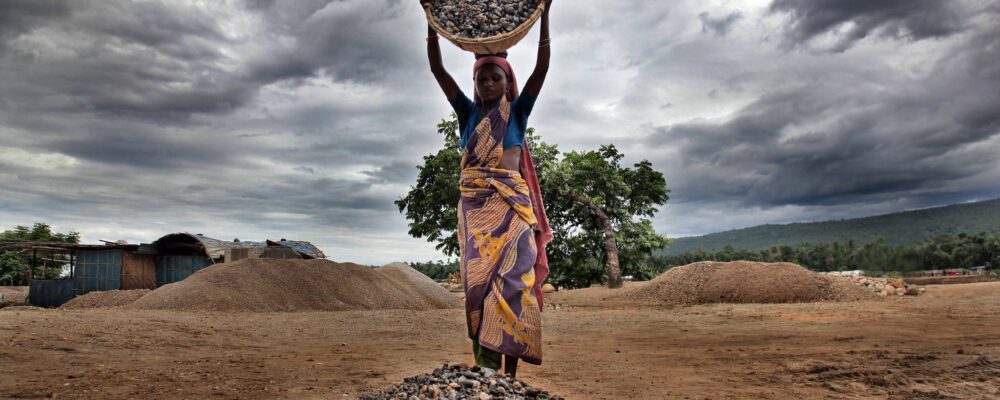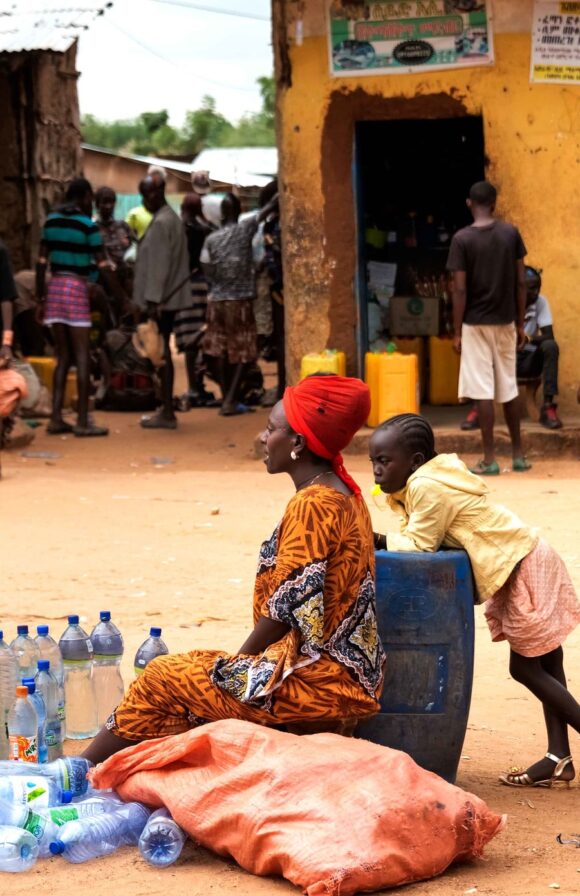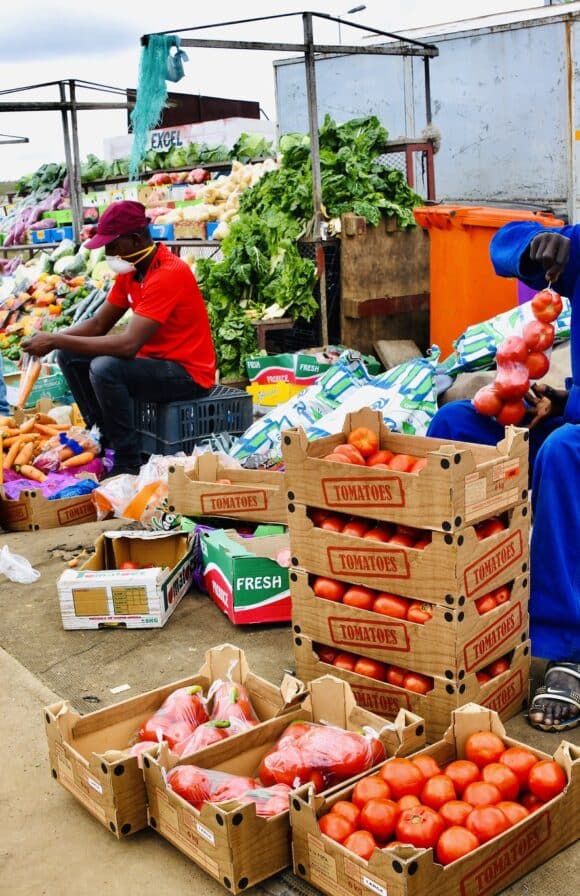
Yesterday (April 30), the International Food Policy Research Institute (IFPRI) hosted a webinar to discuss how agri-food systems across the world have been affected by COVID-19 through restrictions in production, demand, trade and transportation. The speakers described the range of responses to these disruptions and the varying impacts on economies, households and businesses, then advised on the major steps needed to minimise the health and poverty consequences for low-income countries and certain vulnerable groups.
The webinar looked specifically at informal traders in Africa and compared the disruptions across different food value chains in Ethiopia. Below, we draw upon some of the webinar’s key insights and cite two articles from the Ethiopia Strategy Support Program (ESSP) on the impact of COVID-19 responses on some of Ethiopia’s key agricultural sectors which support the discussion:
- Estimates show that without large-scale and immediate interventions, the current economic situation could place 100-150 million people back in extreme poverty, reversing progress of the past decades. If current patterns in food consumption continue, involving the undersupply and underpurchasing of afforable, nutrient-dense food, it could lead to a significant increase in malnutrition and nutrient deficiencies, with the largest risks for maternal and child health.
- The crisis is having heterogeneous impacts across different value chains, depending on the nature of products; access to affordable inputs; trade patterns with major exporting/importing countries; the ease and cost of transportation; and changes and regulations in commodity prices.
- A prime example is Ethiopia’s dairy sector, farmers have being converting milk into butter due to households choosing non-perishable goods over milk, resulting in a significant decline in the price of butter. Dairy feed prices are estimated at 40% high than before the crisis. Additional constraints have arisen through many labourers not working or demanding up to 40% higher wages over the last month, and restrictions in travel, with transport costs up by 15%.
- Informal food trade represents a major source of employment in Africa, especially for women, and up to 70% of household food purchases. A huge range has been observed in the severity of restrictions on informal trading, from complete closure in Burkina Faso, Zimbabwe and some cities in Kenya and Nigeria, to restricted operating hours in Rwanda and Uganda, and decongestion in Ghana through alternating trading days for different products or opening new spaces to trade. Many governments are also distributing masks and potable water, enforcing more frequent sanitation measures, and waving tax and levy obligations to local authorities.
- Compliance is a key challenge, with many traders continuing to operate in more hidden spaces and running from authorities, and authorities destroying stalls and using violence to enforce social distancing and curfues. There is a clear problem with institutional coordination, with informal workers and entrepreneurs lacking partners to support their needs and rights.
- Importantly, agri-food systems must be kept functioning in order to avoid a continental food crisis and maintain livelihoods. This means that farmers must be allowed to farm, traders to trade and sellers to sell. This creates a particularly important role for WASH facilities and sanitation regulations to minimise the spread of viruses, as well as interventions to ensure child and maternal health.
Impacts of the COVID-19 crisis on coffee value chains in Ethiopia
 In the first half of April, coffee trade on the Ethiopian Coffee Exchange (ECX) declined by about 30% compared to the same period in previous years. This seems explained by lower supplies to the market – by farmers as well as traders – as well as by more bypassing of the Exchange. Local and international prices are diverging. This increasing wedge is seemingly driven by higher logistical and administrative costs due to the COVID-19 crisis. For example, transport costs have significantly increased in the last months, by about 15% for local transport and 70% for international transport. While international prices did not decrease, ECX prices did. Consequently, farmgate prices for cherries are down as well, compared to last month by about 20% and last year by almost 10%. Read the full article.
In the first half of April, coffee trade on the Ethiopian Coffee Exchange (ECX) declined by about 30% compared to the same period in previous years. This seems explained by lower supplies to the market – by farmers as well as traders – as well as by more bypassing of the Exchange. Local and international prices are diverging. This increasing wedge is seemingly driven by higher logistical and administrative costs due to the COVID-19 crisis. For example, transport costs have significantly increased in the last months, by about 15% for local transport and 70% for international transport. While international prices did not decrease, ECX prices did. Consequently, farmgate prices for cherries are down as well, compared to last month by about 20% and last year by almost 10%. Read the full article.
Impacts of the COVID-19 crisis on vegetable value chains in Ethiopia
On March 13, the first COVID-19 case was confirmed in Ethiopia. Three days later, the government closed schools, banned all public gatherings and sporting activities, and recommended social distancing. Other measures to contain the spread of the virus soon followed. Travelers from abroad were put into a 14-day mandatory quarantine, bars were closed until further notice, and travel through land borders was prohibited. Several regional governments banned all public transportation and imposed restrictions on other vehicle movement between cities and rural areas. While these actions are expected to slow the spread of the disease, they are likely to have substantial effects on food value chains, and thus on the livelihoods of farmers and other workers, and on consumption.
To understand these effects, we conducted a qualitative and rapid appraisal of the vegetable value chain. Building on a large value chain survey that IFPRI undertook in February, we conducted phone interviews (March 23-April 2) with key stakeholders along the vegetable value chain from main producing areas in the Central Rift Valley to Addis Ababa: Small-scale farmers, large scale investors, brokers, agro-input dealers, and developmental agents. Read more.


